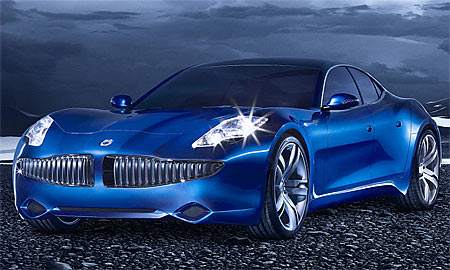What if there was a car more in tune with its surroundings than a distracted human driver? The answer may lie with a crash warning system that allows cars to communicate with each other and even avoid accidents from up to 900 feet away.
To be sure, a system designed by Ford emits WiFi signals every ten seconds, thereby communicating with other cars and “sensing” when a collision is imminent. The car then alerts the driver with a series of flashing lights and beeps.

Presented to federal officials on Tuesday, the system marks a significant step in the efforts to put advanced communications technology in cars.
In the presentation, it managed to successfully notify the driver when a car was detected speeding through a red light several cars away.
Although the technology may not seem like a viable replacement for a human driver, the National Highway Traffic Safety Administration reported that such “vehicle-to-vehicle” warning systems could address nearly 80% of reported car crashes not involving drunk drivers.
If the systems are truly that effective, it’s important that federal officials adopt it as a requirement because unless everyone has one, it’s rendered almost completely useless.
Another problem may be the WiFi signal itself. These cars operate via a channel allocated by the Federal Communications Commission. If more than 100 cars are within a 300-meter radius, the channel will get completely jammed, rendering the system ineffective.
The WiFi issue plus the potential for hacking could cause major traffic jams and electronic certifications.
“[Of course], we don’t want people to feel there is some tracking device on the car,” said Michael Shulman, a technical leader for the project at Ford.
“But we have to make sure the other car you’re sensing is not some guy on an overpass with a laptop. So there are obstacles, but we think we have ways of overcoming them.”
Some cars have similar radar devices that can detect obstacles in front of the car but these systems using WiFi technology should only cost as little as $100 per car.
So far, Ford has spent $40 million spearheading the tests and plans to shell out an additional $36 million on research.
(Via Washington Post)






